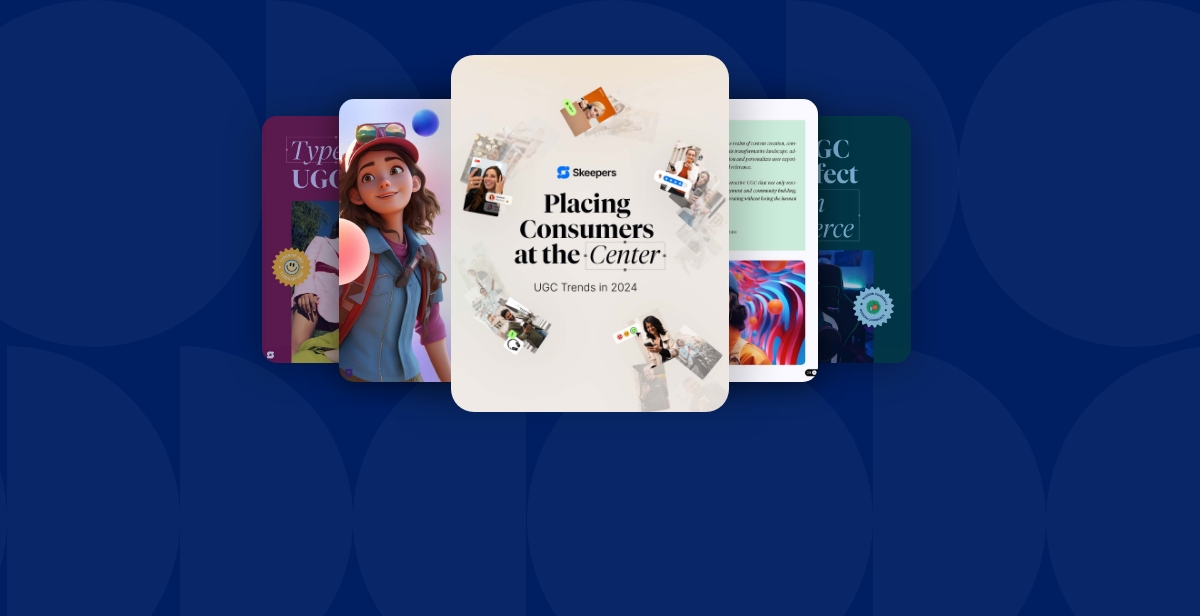The two most important questions you can ask your customers are: How likely are they to recommend you to a friend or colleague? What is the most important reason for their score? Responses to the first question should fall on a scale of 0 – 10 where 10 is ‘extremely likely’. Responses can then be...
The two most important questions you can ask your customers are:
- How likely are they to recommend you to a friend or colleague?
- What is the most important reason for their score?
Responses to the first question should fall on a scale of 0 – 10 where 10 is ‘extremely likely’. Responses can then be segmented into three groups: detractors (0 to 6), passives (7 to 8) and promoters (9 to 10).
The follow-up question provides more specific insights. Leaving this question deliberately open-ended means you can stop guessing at what you think is the most important determinate of customer satisfaction. Great product? Great value? Great customer support? Whatever the reason, the follow-up question enables you to extract specific feedback that you can use to make needed improvements, turning detractors into promoters, and promoters into brand evangelists.
This, in a nutshell, is how a Net Promoter Score (NPS) works. And some of today’s most successful businesses are finding that the NPS is one of the most useful and practical metrics by which they can gauge their performance. Referred to as “the one number you need to grow”, the NPS has been adopted as a standard metric for performance benchmarking, and is often used as a leading indicator of growth.
Ecommerce businesses of all sizes – including industry-leading companies like Apple, Best Buy, and Chick-fil-a – agree that the NPS is an especially valuable metric, providing insights into problem areas which typically plague businesses:
Customer Satisfaction
Despite the fact that 80% of companies believe they are delivering superior customer service, only 8% of customers from these same companies agree. Generally speaking, this massive discrepancy exists because the majority of companies find it difficult to understand what customers really want.
The NPS – and follow up question – will not only give you an idea of how many brand promoters you have but what your organization is doing right to keep people coming back for more. At the same time, insights from brand detractors, those who give the lowest scores, are equally valuable since identifying customers who aren’t willing to recommend you helps you better understand what changes you need to make to deliver a better customer experience.
Customer Loyalty
The NPS is, essentially, a loyalty metric, helping business’s understand their customer interactions and, more specifically, how likely customers are to recommend them based on those interactions, an insight no business can afford to overlook. It’s well established that word-of-mouth recommendations, coming from people we trust, are still the most valuable form of marketing. Businesses who experience high levels of brand advocacy have been shown to outgrow their competition by 2.5 times.
Generally, customers who come from referrals are both more profitable and more loyal. These customers are, on average, 18% more likely to stay with the business than are other customers. Therefore, identifying and growing your number of brand promoters – people who are willing to say good things about you – can produce enormous positive outcomes.
Business Growth
One study has found that the NPS can determine up to 60% of a companies growth rate while another has shown that companies with the highest NPS scores generally outgrow competitors by at least two-to-one. The reason for this should be obvious: prioritizing customer satisfaction and identifying solutions for maintaining long term loyalty makes it easier for these businesses to acquire new customers, establish deeper customer relationships, and deliver greater value to existing customers.
Businesses with higher NPS scores are likely to experience:
- Growth through retention as satisfied customers are more likely to make repeat purchases and spend more.
- Growth through positive word-of-mouth since satisfied customers are more likely to say good things about you, bringing new customers into the fold.
- Growth through profits as it well known that long-term customers tend to be less price sensitive.
From Promoter to Profit
If you are too focused on trying to attract new customers, you’re going to lose touch with the people who know your product best – the people that are currently doing business with you. They are the ones with the knowledge and insights to make your products and services better, and ultimately, more sellable.
For this reason, many businesses are choosing to incorporate an NPS metric into their customer experience. When customers provide impartial feedback, they are providing you with an opportunity to address any issues – whether trivial or significant – about the way you deliver your experience. And, as these businesses have demonstrated, investing the time and effort into asking customers to complete a quick and easy NPS survey, undoubtedly, generates higher satisfaction rates, long-term loyalty, and revenue.
Best of all, an NPS survey is simple. You just need to ask your customers two basic questions: how likely are they to recommend you? And why? Given the ease with which customers can complete this survey, you will likely to see high response rates, increasingly the ease with which you can identify and improve your customers’ needs and preferences.








